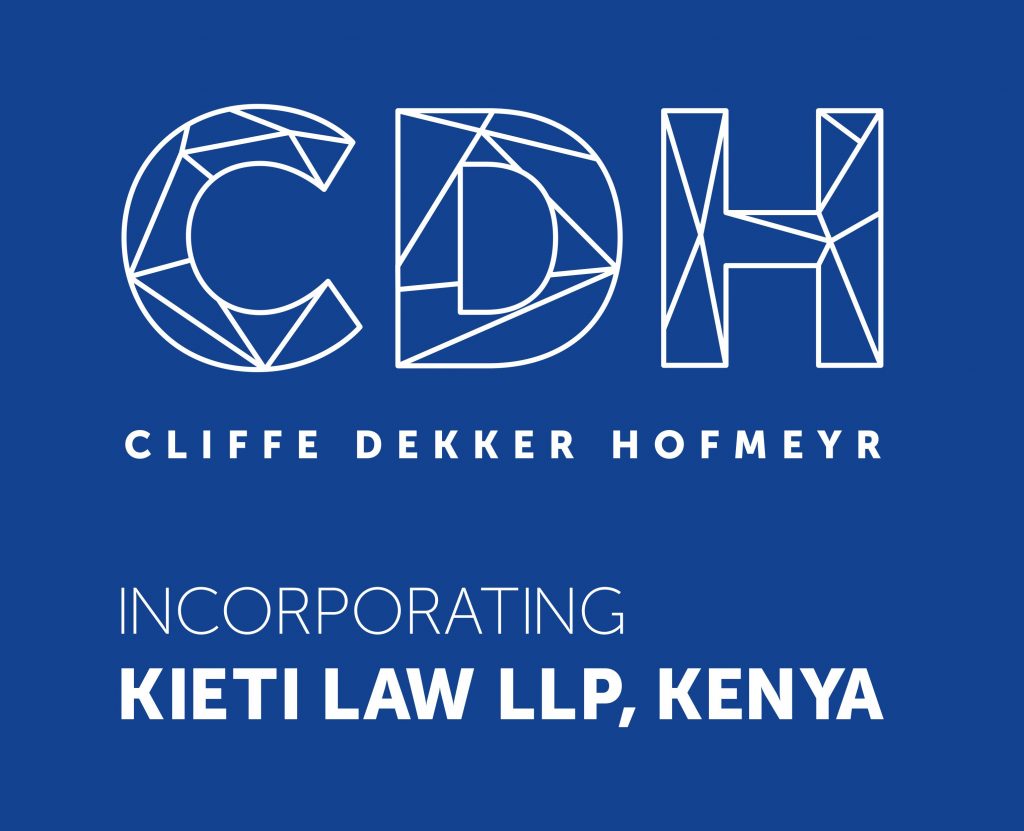

Following consultations and comments from the tail end of last year, on 8 August 2024, the Financial Intelligence Centre (FIC) published Public Compliance Communication (PCC) 59, which deals with Beneficial Ownership (BO) and the application of section 21B of the Financial Intelligence Centre Act, 2001 (FIC Act).
Background
The General Laws (Anti-Money Laundering and Combating Terrorism Financing) Amendment Act, 2022 (Act 22 of 2022) (GLA Act) amended the obligations of an accountable institution regarding BO in terms of the FIC Act.
In terms of section 21B(1) of the FIC Act, accountable institutions are required to establish the ownership and control structure of clients that are legal persons, trusts or partnerships. In essence, an accountable institution must determine all natural persons who own or have control over the entity. A company is one such legal person, and an accountable institution would be required to establish:
- a natural person who directly or indirectly:
- ultimately owns or exercises effective control of:
- a client of an accountable institution; or
- a legal person, partnership or trust that owns or exercises effective control of, as the case may be, a client of an accountable institution; or
- exercises control of a client of an accountable institution on whose behalf a transaction is being conducted.
- It is important to note that BO may differ from the legal owner, and the former refers to the ultimate control through ownership and/or exercise of ultimate effective control through other means.
Failure to establish the natural persons that are the BOs of a client result in the accountable institution being non-compliant with section 21B of the FIC Act.
PCC 59
“Controlling ownership interest” in section 21B(2)(a)(i) of the FIC Act is not defined, and PCC 59 states that it is the ability of a natural person by virtue of ownership interest in a legal person, to control and/or to take decisions regarding or influence the resolution, decisions and/or business operations of that legal person.
Legal persons
PCC 59 provides a 3-step enquiry for accountable institutions to ascertain BO for legal persons, namely:
- Identify the natural person who independently or together with another person, has controlling ownership interest in the legal person;
- If in doubt about whether a natural person owns a controlling ownership interest or no natural person owns a controlling ownership interest, identify the natural persons who exercises control by other means, including through their ownership or control of other legal persons, partnerships, or trusts; or
- If a natural person still cannot be identified, identify the natural persons who exercises control over the management of the legal person.
- Identify the controlling ownership interest – Five percent threshold
PCC 59 “strongly recommends” that accountable institutions identify all persons who hold five percent or more of ownership interest in a legal person, which persons can be regarded as beneficial owners for purposes of section 21B(2) of the FIC Act.
This threshold aligns with regulation 32A of the Companies Act, 2008, which requires affected companies to establish a register of persons who hold beneficial interest equal to or in excess of five percent of the total number of securities. This has been introduced to counter the complex legal structures being used to enable criminal activities.
Different types of legal persons and forms of ownership interest
PCC 59 states that depending on the type of legal person, the forms of ownership interest would differ. For example, in regard to companies with different classes of shares, PCC 59 states that the accountable institution must determine the different classes of beneficial ownership issued by the legal person.
- Identify who exercises control through other means
Where an accountable institution doubts whether a natural person has controlling ownership interest, or no natural person has controlling ownership interest in the legal person, PCC 59 states that the accountable institution must establish the identity of the natural persons who exercise control of the legal person through other means. Some of the examples provided by the FIC are a power of attorney, court orders and nominee directors.
2. Identify who exercises control over the management
In the event that the accountable institution cannot identify the natural persons who exercise control through other means, it must be determined who the natural persons are that exercise control over the management of the legal person. This is only done in exceptional cases, and only in the event that step 1 and 2 above have been exhausted (which the accountable institution must be able to demonstrate), and there are reasonable grounds as to why BO under the first 2 steps cannot be identified. Examples of such forms of control provided by the FIC are executive officers, directors or non-executive directors.
Establishing the beneficial ownership of specific juristic persons
The FIC has also provided clarity on how accountable institutions must establish BO of certain types of juristic persons.

Image By: Canva
Trusts
Accountable institutions, when conducting a single transaction or establishing a business relationship with a trust, must identify all the natural persons linked to the trust. This includes founders, trustees and beneficiaries of the trust. Where the founder, trustee or beneficiary is a legal person, the accountable institution must identify the legal person as it would any other legal person in terms of section 21B(1) of the FIC Act.
Partnerships
The accountable institution must identify and take reasonable steps to verify each partner within a partnership, regardless of the threshold percentage of ownership that each partner owns, including every member of a partnership en commandite, an anonymous partnership or a similar partnership. Where a partnership consists of two or more legal persons, then the accountable institution must, in addition to identifying the partnership, identify each legal person who is a partner, in accordance with section 21B(2) of the FIC Act.
Beneficial ownership information
The accountable institution must obtain accurate, adequate, and up to date BO information. Through identification and taking reasonable steps to verify BO, the accountable institution must be satisfied that it knows “who” the beneficial owner is, and “why” or “how” the person is a beneficial owner. This requires understanding of the BO interest.
Where BO of a client cannot be established, in terms of section 21E of the FIC Act, the accountable institution must refrain from establishing a business relationship or concluding a single transaction with the client and must consider filing a suspicious and unusual transaction report in terms of section 29 of the FIC Act.
Conclusion
Section 21B of the FIC Act and PCC 59 are welcome additions to the FIC’s compliance efforts, as the use of complex corporate structures for criminal activities have become commonplace in South Africa. The requirements of establishing BO enhance transparency and strengthen South Africa’s anti-money laundering/counter terrorist financing framework by bringing the legislation in line with the international standards prescribed by Financial Action Task Force.
Having said that, potential challenges posed by identifying BO include implementation costs, especially for smaller business, as the requirements may be resource intensive. Furthermore, the process of gathering and maintaining information on BO can be complex, repetitive as the BO changes and administratively burdensome
Marelise van der Westhuizen is a Director at CDH
Loyiso Bavuma an Associate at CDH




